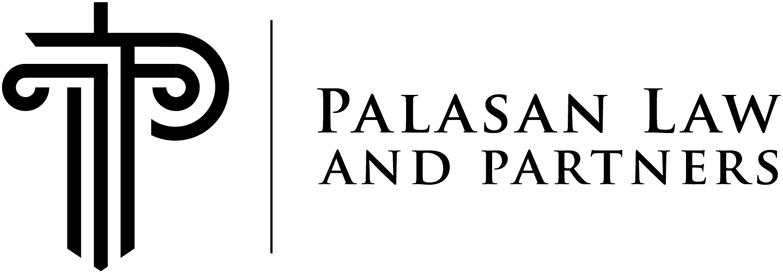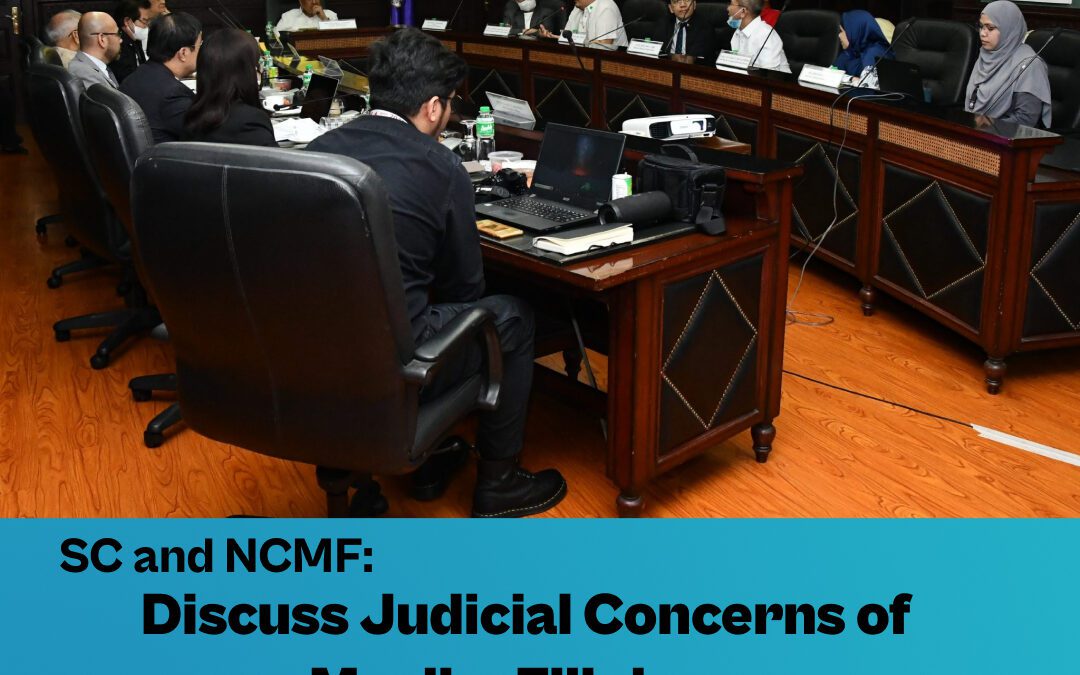Chief Justice Alexander G. Gesmundo and the members of the Judicial and Bar Council (JBC) met with representatives of the National Commission on Muslim Filipinos (NCMF) on Monday, January 17, 2023, at the Supreme Court En Banc Conference Room to talk about the judicial concerns of the Muslim community in the Philippines.
Among the topics raised by the NCMF were the possibility of creating Shari’ah courts in areas outside of Mindanao; the appointment of judges to vacant Shari’ah courts; the creation of an Integrated Shari’ah Bar of the Philippines and the inclusion of Shari’ah as a course in law school; requiring Mandatory Continuing Legal Education compliance among Shari’ah counselors in the practice of Shari’ah law; and the proposed changes to improve the conduct of the Shari’ah Bar Examinations.
The Chief Justice said that the creation of Shari’ah courts is a legislative matter, stressing that the Constitution is explicit in stating that the courts shall be composed of the Supreme Court and all other lower courts as may be provided by law. He added that Congress likewise apportions the jurisdiction of courts through law.
Chief Justice Gesmundo assured the NCMF representatives that the Supreme Court is addressing the issues raised by the latter. Recalling the Supreme Court Justices’ visit to Marawi last September 2022, he disclosed that “eight Justices of the Supreme Court went to Marawi to show that the Supreme Court will address the issues of our Muslim brothers.”
The Chief Justice personally extended to NCMF the invitation for them to join the National Summit on Shari’ah Law, which will be held in Cagayan de Oro in March of this year, so that the NCMF can reiterate its proposals and concerns. He added that the goal is for the Summit to be a tripartite event in that it will involve the participation of the three branches of the government.
Chief Justice Gesmundo assured the NCMF of the Judiciary’s support given that one objective of the Court’s Strategic Judicial Plan for Judicial Innovations (SPJI) 2022-2027 is to strengthen the Shari’ah legal system not only in the Bangsamoro Autonomous Region in Muslim Mindanao (BARMM) but also in other areas where members of the Muslim population reside.
“Solving the problem in Mindanao cannot be the sole responsibility of the Executive. All three branches must work together,” stressed the Chief Justice. “These issues raised are already part of the SPJI. So I would like you to join (the Summit) so that you can reiterate your concerns. The Supreme Court is proactively doing its part precisely to address these concerns affecting the operations of the Shari’ah legal system not only in BARMM but outside of BARMM,” he added.
With the Chief Justice during the meeting were JBC regular members Justice Jose Catral Mendoza (ret.), JBC Executive Committee Chairperson and regular member representing the retired Supreme Court Justices; Judge Toribio E. Ilao, Jr. (ret.), representing the private sector; Judge Franklin J. Demonteverde (ret.) representing the Integrated Bar of the Philippines; and Atty. Nesauro H. Firme, representing the Academe.
Also present were Court Administrator Raul B. Villanueva and JBC Executive Officer Atty. Leah P. Laja-Otto.
The NCMF delegation was led by NCMF Secretary Atty. Guiling A. Mamondiong. Joining him were Atty. Michael Mito-on J. Ali, OIC Director IV, Bureau of Muslim Cultural Affairs; Atty. Rolando T. Abo, Director IV, Bureau of Legal Affairs; Mr. Tahir S. Lidasan, Jr. CESO II, Executive Director; and Engr. Tananoray S. Macalandong, Chief, Shari’ah Training and Education Division.
Created in 2010 by virtue of Republic Act 9997, the NCMF is, among others, mandated to advise the President in the formulation, coordination, implementation, and monitoring of policies, plans, programs and projects affecting Muslim Filipino communities, as well as to act as the primary government agency through which Muslim Filipinos could seek government assistance and redress, and serve as medium through which such assistance may be extended to Muslim Filipinos. (Courtesy of the Supreme Court Public Information Office)

